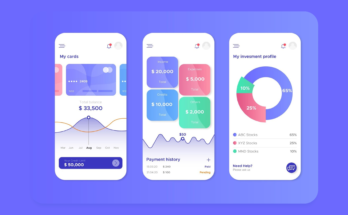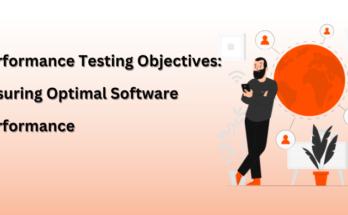Hybrid app development is a method of building mobile apps that combines elements of both native app development and web app development. The app is built using web technologies such as HTML, CSS, and JavaScript, and then wrapped in a native container that allows it to be distributed through app stores and accessed through an app icon on a user’s device.
Hybrid apps can access device features such as the camera and GPS, and can also be designed to work offline. Popular frameworks for hybrid app development include Apache Cordova (previously PhoneGap), Ionic, and React Native. Hire mobile app developers India for best app solutions at reasonable cost.
Benefits of hybrid app development
Hybrid app development combines the advantages of both native and web app development. Some benefits of hybrid app development include:
- Cross-platform compatibility: Hybrid apps can be run on multiple platforms, such as iOS and Android, with minimal changes to the codebase.
- Cost-effectiveness: Developing a hybrid app is generally less expensive than developing a native app for each platform.
- Speed of development: Because hybrid apps use a single codebase, they can be developed and deployed more quickly than native apps.
- Access to device features: Hybrid apps can access device features, such as the camera and GPS, through the use of APIs.
- Easier to maintain: Because hybrid apps use a single codebase, they are easier to maintain and update than multiple native apps.
- Faster Time-to-Market: Since the development process is faster, the time-to-market is also faster.
- Better User Experience (UX): Hybrid apps can provide a better user experience than web apps, while still being accessible via a browser.
Pros and Cons of hybrid app development
Hybrid app development has several advantages and disadvantages. Some of the pros include:
- Cost-effectiveness: Hybrid app development is typically less expensive than native app development, as it allows for the reuse of code across multiple platforms.
- Faster development: Because hybrid apps use a single codebase, they can be developed faster than native apps.
- Cross-platform compatibility: Hybrid apps can run on multiple platforms, such as iOS and Android, without the need for separate development.
However, there are also some cons to consider:
- Performance: Hybrid apps may not perform as well as native apps, as they rely on web technologies that may not be optimized for mobile devices.
- Limited access to device features: Hybrid apps may not have access to all of the features of a device, such as the camera or GPS, which can limit their functionality.
- Dependence on third-party tools: Hybrid app development often relies on third-party tools, such as Apache Cordova or PhoneGap, which can add complexity to the development process.
- Design limitations: Hybrid apps may not have the same level of design flexibility as native apps, as they are limited by the capabilities of web technologies.
Hope this Article is informative and useful for our readers! Hire developers India for your upcoming app development projects.




